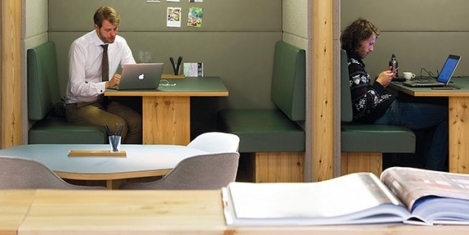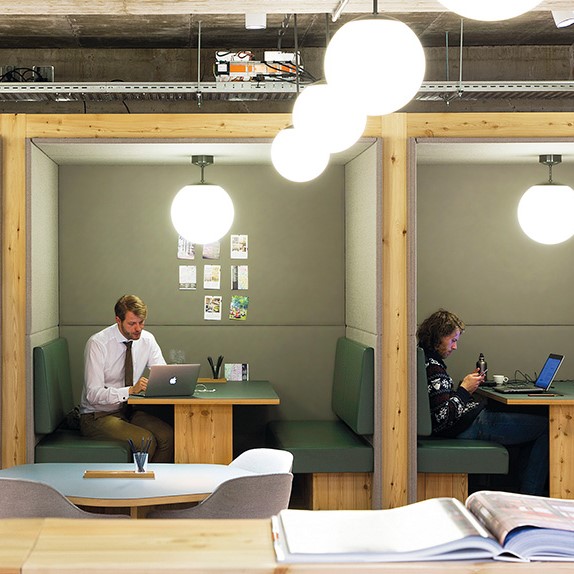June 18, 2025
At home down under: hybrid working has become a way of life in Australia
 The majority of Australian employees now work from home at least part of the week, with hybrid working becoming embedded in organisational culture, according to a new report from the University of Melbourne and Western Sydney University. The study, Navigating the Future of Working from Home in Australia, is based on survey data collected in late 2023 and charts how working patterns have changed in the years following the pandemic. It suggests that while fully remote work remains uncommon, most employees now work from home one to three days per week and expect that flexibility to continue. (more…)
The majority of Australian employees now work from home at least part of the week, with hybrid working becoming embedded in organisational culture, according to a new report from the University of Melbourne and Western Sydney University. The study, Navigating the Future of Working from Home in Australia, is based on survey data collected in late 2023 and charts how working patterns have changed in the years following the pandemic. It suggests that while fully remote work remains uncommon, most employees now work from home one to three days per week and expect that flexibility to continue. (more…)


































May 9, 2025
Ping pong, perks, pizza and beanbags won’t get you a better workplace culture
by Daniel Snell • Comment, Flexible working, Wellbeing, Workplace, Workplace design